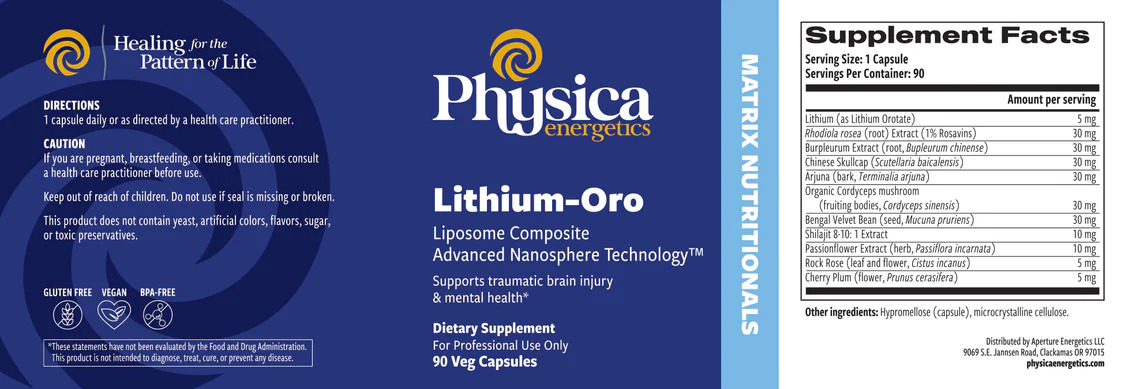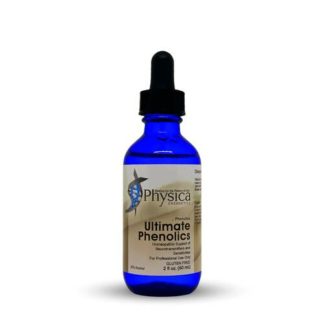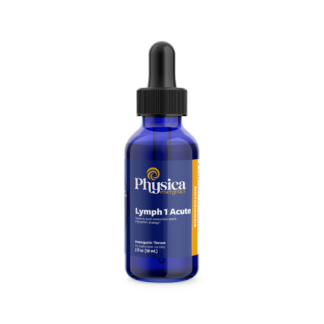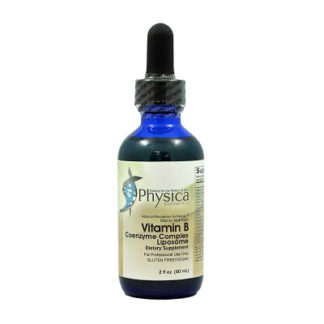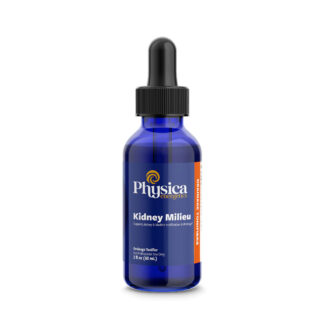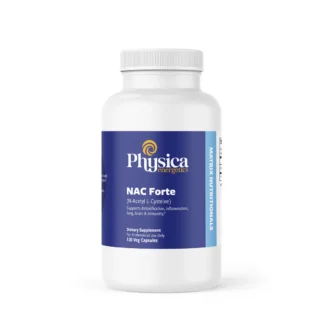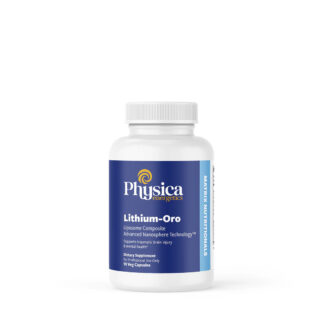Description
Lithium-Orotate supports traumatic brain injury & mental health.*
Lithium is found throughout our atmosphere as one of the three original elements. The sun, stars, and meteorites burn brightly with the gleam of this highly reactive element. On Earth, lithium remains a major mineral component of granite rock and also lingers in significant amounts in seawater, mineral springs, and soils. Lithium has also found its way into our cell phones, electric cars, and holiday fireworks.
Every organ and tissue in the human body contains the mineral lithium, with particular importance in health, specifically brain health.
Lithium is a high-dose drug accompanied by potentially severe and debilitating side effects. However, in low doses, lithium acts as a nutrient required for B12 and folate transport and uptake, neuromodulation, and the function of many biochemical processes in both humans and animals. Since the 1970s, studies have shown lithium’s ability to stimulate stem cell proliferation. Recent studies have described its ability to up-regulate neurotrophins such as brain-derived neurotrophic factor (BDNF) and nerve growth factor (NGF), which are essential in neuronal function, plasticity, and repair. With its newly described antioxidant and anti-inflammatory activity along with powerful neuroprotective effects, low-dose lithium therapy has largely unrealized potential to possibly prevent or treat a wide range of neurological disorders such as traumatic brain injury, Alzheimer’s, Parkinson’s, amyotrophic lateral sclerosis (ALS), chronic pain, mercury toxicity, depression/anxiety, alcoholism, and drug addiction.
Research has shown lithium to support the brain’s natural detoxification process. It has shown potential as a neuroprotective agent against aluminum-induced oxidative stress and shows promise to protect the brain against free radical damage. In animal models, lithium increased intracellular glutathione levels and reduced oxygen metabolite damage, suggesting that it selectively boosts glutathione-dependent enzymes to protect against free radical stress. Shao L, Cui J, Young LT, Wang JF. The effect of mood stabilizer lithium on expression and activity of glutathione s-transferase isoenzymes. Neuroscience. 2008 Jan 24;151(2):518-24. Epub 2007 Nov 13.
Guilt: a feeling that you’ve done, said, or expressed something wrong.
Shame: a feeling that YOU, at the core of your Being, is wrong, as in damaged or flawed.
While both have their corresponding effects on the body, mind, and heart, most often together, their target focus is unique. Feelings of guilt are registered in the body, mind, and heart, while shame is an attack on the very Spirit itself. Both may be transgenerational; however, shame can be much more profound.
– Dr Robert Cass: Master Formulator, Alchemist, Founder.
- Lithium (as Lithium Orotate) 5 mg
- Rhodiola rosea (root) Extract (1% Rosavins) 30 mg
- Burpleurum Extract (root, Bupleurum chinese) 30 mg
- Chinese Skullcap (Scutellaria baicalensis) 30 mg
- Terminalia arjuna (bark, Scutellaria baicalensis) 30 mg
- Organic Cordyceps mushroom (fruiting bodies,
- Cordyceps sinensis) 30 mg
- Bengal Velvet Bean (seed, Mucuna pruriens) 30 mg
- Shilajit 8-10: 1 Extract 10 mg
- Passionflower Extract (herb, Passiflora incarnata) 10 mg
- Rock Rose (leaf and flower, Cistus incanus) 5 mg
- Cherry Plum (flower, Prunus cerasifera) 5 mg
Additional Brain support products include Asura Brain and Drainage Milieu.
These statements have not been evaluated by the Food and Drug Administration. These products are not intended to diagnose, treat, cure or prevent any disease.

